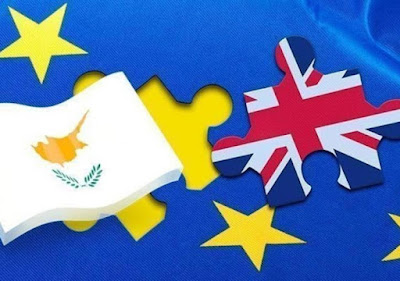Filenews 15 March 2022
MEPs approved the €5 billion adjustment fund to address the economic, social and geographical impact of the UK's withdrawal from the EU. Although Cyprus is high on the list, especially considering the size of its population having received about €47.5 million, will not be in the first "batch of remittances".
The agreement on the establishment of the special fund, reached by the negotiators of the Parliament and the Council in June, was approved by 652 votes in favour, 32 against and 11 abstentions. In 2021, €1.6 billion will be distributed. The remaining €3.4 billion will follow in tranches of €1.2 billion in 2022 and 2023, followed by €1 billion in 2025 (at 2018 prices).
Which measures could be supported?
Measures eligible for funding may include, inter alia, support to businesses, local communities, job creation or support for EU citizens for reintegration.
MePs of the European Parliament ensured that expenditure incurred between 1 January 2020 and 31 December 2023 will be covered by the Fund. The Commission's proposal set the eligibility period restrictively, from 1 July 2020 to 31 December 2022.
Allocation of funds
Under the agreement, three factors will be used to calculate the amount each EU country will receive: the size of its trade with the UK, the importance of its fishing in the UK's AOZ and the size of its population living in maritime areas bordering the UK.
On the basis of these criteria, Ireland will be by far the largest beneficiary in absolute terms (around €1 billion), followed by the Netherlands (around €810 million), France (around €670 million), Germany (around €590 million) and Belgium (around €350 million). However, Cyprus is high on the list, especially considering the size of its population and that it falls only under the first criterion, having received about €47.5 million.
The table with the provisional distribution
Member States that are highly dependent on fishing should direct a certain percentage of their national distribution to small-scale coastal fishing and to local and regional communities dependent on fishing activities.
"The EU stands by the businesses, regions and countries most affected by Brexit. Through the adaptation fund, we have managed to organise a rapid European response and to provide assistance quickly. Thanks to clear criteria, €5 billion has been set aside for this purpose. The money will be allocated where it is needed. We have also ensured that the first part of the aid can already be made available by the end of this year," said EP rapporteur Pascal Arimont (EPP, Belgium).

